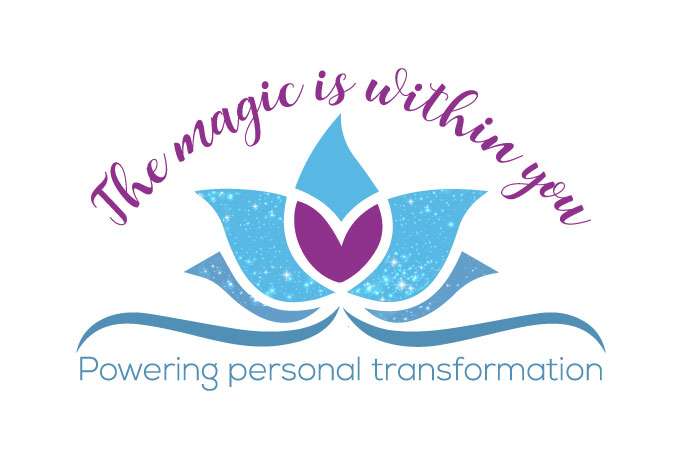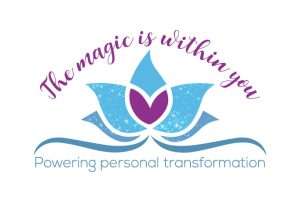It can be sometimes hard to hear .. “You are getting on like a child” even if it’s just from your internal voice and not from others, because deep down a part of you is screaming.
I AM A CHILD CAN’T YOU SEE ME!!
Our emotional, or sometimes referred to as our developmental, age is very different to the years we have lived.
Many adults are much younger, emotionally, than they appear.
Our environment at birth and our early years will influence our different developmental milestones, how we develop in this period will depend on the emotional maturity of the care givers we have around us and the emotional safety we feel.
Our parents ability to self-regulate and be present with their own emotions will give us an opportunity to attune to their ability to notice, process and make sense of what we are feeling.
Growing up we develop more authentically when we perceive our environment to be more safe and secure and that the adults around us can hold our state to help us mature and develop emotionally.
However, when we are marinated in an environment where there is.
- Unsafe, unpredictable environments
- Chronically stressed or over worked parents/caregivers.
- Compromised mental health. – Trauma, anxiety, depression
- Addiction – Alcohol, drugs, gambling, sex, shopping
- Parents/Caregivers who are shut down, numb, unable to communicate
Sometimes as a child when we have a parent/caregiver (s) who unconsciously looks to us to meet their emotional needs, where we believe we are the parent/caregiver or we can only be loved if we do well and behave in accordance to what we thing others want. We can then develop a constant need for survival to try and limit the intense emotional and at times the overwhelming environment.
We become driven by a need to feel safe.
Our brains and nervous system bring our focus to maintaining safety and survival and we then become “frozen” in that developmental stage. People who live with Chronic Post Traumatic Stress Disorder have a real battle with maturing their emotional. CPTSD restricts and smothers emotional growth and development.
Instead of having the innocent of a child that nurtures wonder, curiosity, and play we become focussed on.
- Reading the environment and those in it through focussing on hypervigilance like facial expressions, tones of voice
- Solving family issues such as family disputes, financial obligations
- Getting the parents attention, in a bid to take them away from their own pain.
- Taking care of other siblings to protect them and keep them safe also
This carries on throughout life leaving us to develop into adult hood with child like emotions that have been stunted and unable to develop any further than the age they were frozen at.
In order to thaw these young emotional parts we must be prepared to get uncomfortable, when we are reminded of this;
- Shame
- Blame
- fear of abandonment
- fear of loss of control
- things becoming out with your control.
- need to be the “hero” and solve “everything and everyone”.
We feel like these overwhelming events/environments we activate the emotional response that helped us back then, without realising we are an adult now and can deal with whatever happen by seeing it as process to go through rather than a problem to get rid of as fast as possible.
Remember the child in you thinks this is happening all over again and that there is no one there to save, rescue or create safety. Yet the safety we were seeking back then from the adults around us we now have the wisdom and knowledge to provide, if we step away from the fear based child within and just sit with our breath and take a moment to step back.
Now again this process takes time and effort. This might not feel right as its not familiar … familiarity does not equate to being the right thing to do.
To develop and thaw these young parts and integrate the child within we benefit from
- Connecting to our own self-worth, not the external worth we gain from others -Be kind to yourself.
- Communicate clearly sharing Your “truth” even when its difficult and tolerate when others see things differently, doesn’t mean either of you are wrong its just a different perspective… and that’s ok.
- Appreciate and accept other people as being separate to you, you are not responsible or to “blame” for their actions or words – Accepting self and others have flaws.
- You set clear boundaries, starting with small steps so as not to overwhelm the system, for example let others know you will switch your phone off at 7pm each night, you will support other without the need to take control of the outcome.
To be an emotionally mature adult we must first love the inner child, we all have parts that just wants their needs met and at some stage in our development we created a part that took that “role” most of the time this part was created a longtime ago and would happily step into another role if the opportunity came along.
To be an emotionally integrated adult we need all emotions, none are bad, stupid or unhelpful, they all serve a purpose and give the equilibrium of life when they are set free to flourish and service the system from a place of love and kindness



